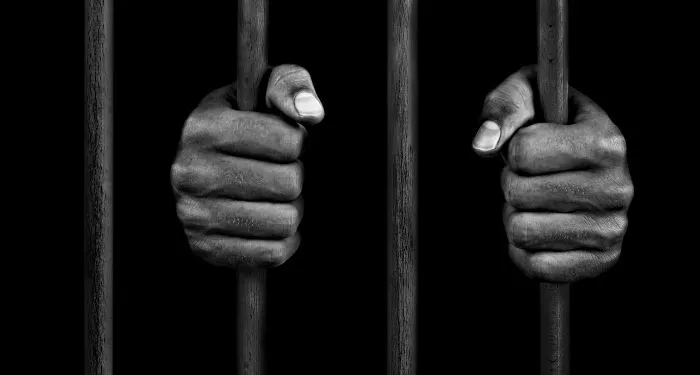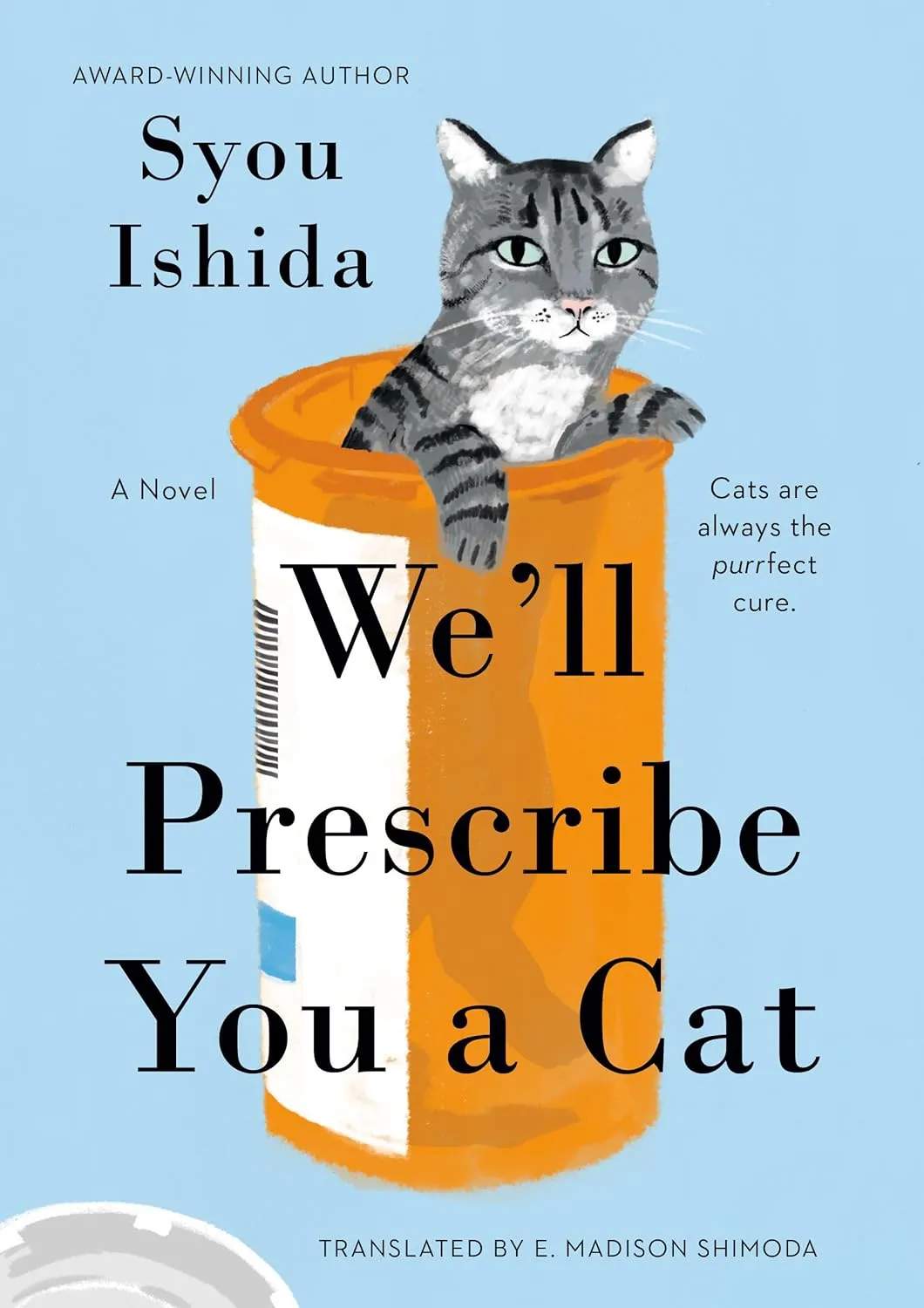
Censorship in Prisons is Part of Slavery’s Legacy
Last week, Book Riot Editor Kelly Jensen wrote an excellent roundup of things to know about Prison Banned Book Week, which took place this year from October 25- 31. Kelly covered the current censorship landscape extensively (like extensively, extensively), and I’ve even written before about how modern censorship efforts are rooted in fascism, but I think the prison variety is its own breed — from an older tradition.
We know by now that, just as a civil war and amendments came, so too did countermeasures to maintain the status quo (actually, I’d say to strengthen it, but that’s another conversation). These measures were insidious threads of practices, policies, and laws that were woven into the fabric of the foundation of this country. Collectively, these days, we call them systemic racism, and one of these threads is our prison system.
Our system of prisons, even in its current iteration, can trace itself back to the days of slavery. Whitney Benns opens up an article for The Atlantic with a quote from the 13th Amendment — known as the freeing amendment — that essentially names prisons as the new enslavers, saying that slavery was forbidden, “except as punishment for crime whereof the party shall have been duly convicted.” In the same article, she lays out how the prison featured in the documentary she mentions—Angola for Life: Rehabilitation and Reform Inside the Louisiana State Penitentiary—had begun as a plantation run by enslaved Black people. It, along with some other prisons in the South, shifted from being a plantation worked by Black bodies to a prison worked by them as national laws changed.
They made this shift as part of the Black codes—laws put into effect immediately after the Civil War ended that dictated what formally enslaved people could do. These codes saw to it that Black people newly freed by the 13th Amendment could be jailed for arbitrary things like “walking without purpose.” Once they were jailed, they could be leased to individuals and companies through a practice known as “convict leasing,” which generated significant revenue for the Southern economy and was even more brutal than slavery. Interestingly, arrests that led to convict leasing increased as labor needs increased, and even subjected those deemed as innocent by courts to forced labor if they couldn’t pay court fees.
As the South carried its views on ownership of Black bodies into a newly emancipated world through the prison system, so too did it bring its attitudes surrounding Black literacy. After the Nat Turner-led rebellion of 1831, all states where slavery was heavily practiced except for three (Maryland, Kentucky, and Tennessee) passed laws making it illegal to teach enslaved people to read and write. And enslaved people who were caught with the knowledge could be harshly punished.
Looking at the current state of book banning in prisons makes it feel like prisons hold a similarly fearful view of its Black population reading. Even though everything points to how having access to books reduces recidivism, book banning in prisons is at an all-time high—PEN America has even said that “Carceral censorship is the most pervasive form of censorship in the United States.” But it’s not just the existence of book bans that makes me say this, it’s also the type of books being banned. Tomas Keen, an incarcerated person whose article was featured on PEN America’s Prison Banned Books Page, points out the racism involved when prisons ban books like How to Be an Antiracist and We Do This ‘Til We Free Us, but not books like Mein Kampf, Ending White Slavery, Defensive Racism, or White Man’s Bible.
Through the years, PEN America has found that books on racism are disproportionately targeted for prison censorship, and this year is no different. After reviewing the reasons cited for various book bans in prisons throughout the country, they concluded that “The criteria delineated is applied so broadly as to be effectively unmoored from its purported rationale and strains rational understanding.”
But there is a sort of rationality to what gets banned if you look at the history of American prisons. In a conversation with Mariame Kaba, author of We Do This ‘Til We Free Us, about carceral book bans, Jack McCordick states how the U.S. incarceration population was 10% of what it is now in the ‘60s. The two also speak about how the Attica Uprising was fueled by the writings of people like Karl Marx, Malcolm X, Frederick Douglass, and others, as well as the need for those incarcerated to be treated like human beings. This included being given access to books. Today’s increased incarceration, which is aided by book banning and largely includes people of color, is a mirroring of the Black codes of the late 19th century. It helps keep bodies in cells and able to be subjected to modern-day slavery.
Part of the reason book banning remains largely unmolested within the prison system is because our criminal justice system is still propped up by its antebellum beginnings. To be fully free of it, we’ll have to address its source.
*All-Access Members Can Continue Below for New BIPOC Releases Coming Out Today*
Lovely One by Ketanji Brown Jackson
We’ll Prescribe You a Cat by Syou Ishida, translated by E. Madison Shimoda (Fiction)
Under the Eye of the Big Bird by Hiromi Kawakami, translated by Asa Yoneda (Sci-fi, Dystopian)
Guide Me Home by Attica Locke (Mystery, 3rd in a series)
A Good Indian Girl by Mansi Shah (Fiction)
Immortal Dark by Tigest Girma (YA, Dark Academia, Romance, Vampires)
Celestial Monsters by Aiden Thomas (YA Queer, Fantasy, 2nd in a Series)
The Whitewashed Tombs (An Emma Djan Investigation) by Kwei Quartey (Mystery/Thriller)
Evelyn and Avery: The Art of Friendship by Elle Pierre (Middle Grade, Graphic Novel, Fantasy)
We Came to Welcome You by Vincent Tirado (Horror)
Hope for Cynics: The Surprising Science of Human Goodness by Jamil Zaki (Nonfiction)
Latino Poetry: The Library of America Anthology by Rigoberto González (Poetry)
The Daggers of Ire by J. C. Cervantes (Middle Grade, Fantasy)
The Fallen Fruit by Shawntelle Madison (Sci-fi)
The Heartbeat Drum : The Story of Carol Powder, Cree Drummer and Activist by Deidre Havrelock, illustrated by Aphelandra (Picture Book)
Let us know which BIPOC books you’re reading lately in the comments!
Read More Reading and Resistance Posts
- The Revolution Will Be Picturized: Graphic Novels about Social Justice
- Introducing: Reading and Resistance—And How Literature Has Always Been Tied to American Freedom
- 15 Essential Books to Read for the Resistance
- Hear First Hand from Incarcerated People Why Reading in Prisons Is So Important
- The Neglected Tale of the Tougaloo Nine and their 1961 Read-In
- Journalist, Activist, Feminist: Who Was Ida B. Wells?
- Clara Stanton Jones: Librarian and Advocate
- A History of Racism in American Public Libraries











